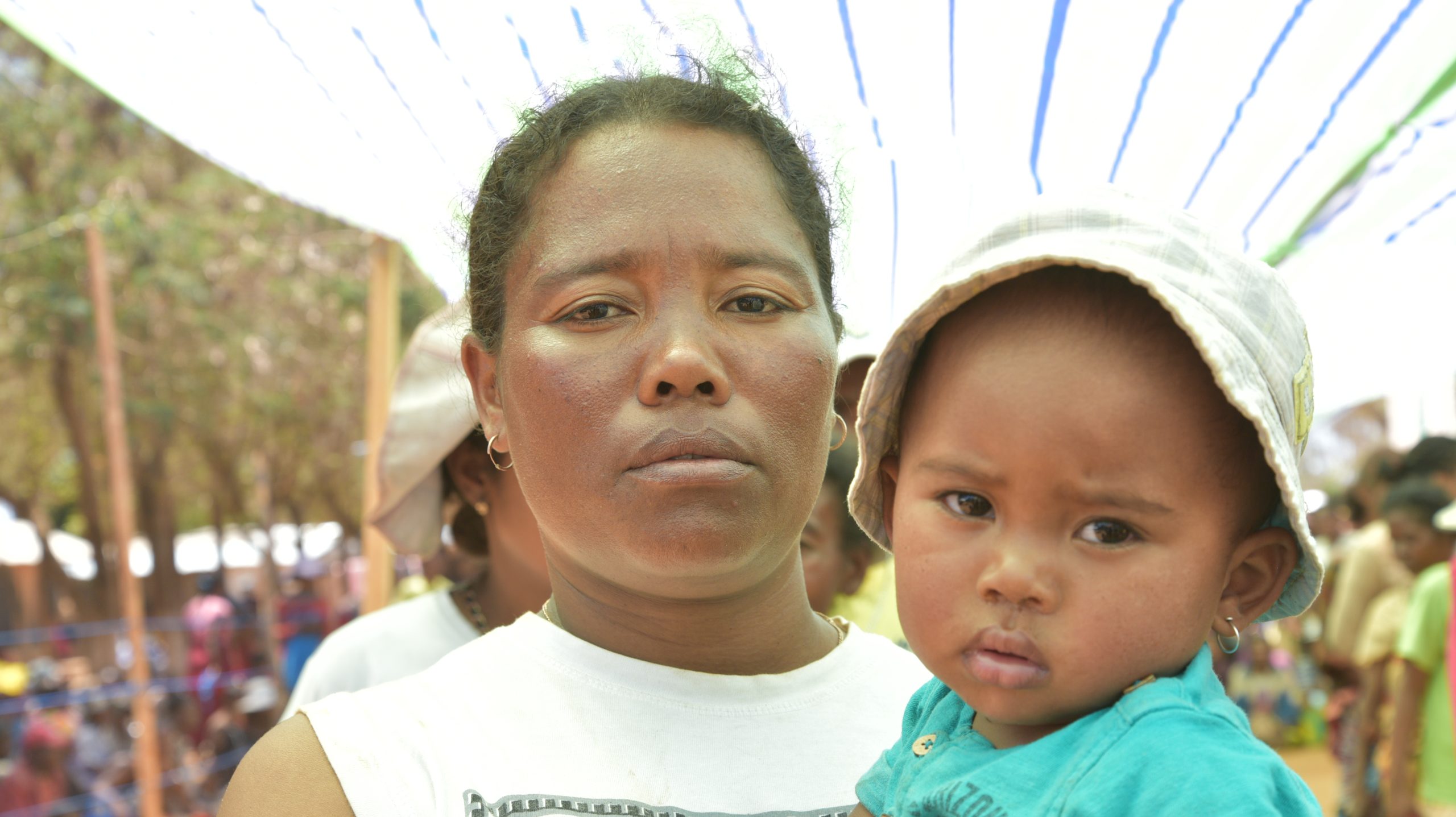
Lack of food is one of the factors that generates anxiety and anguish, affecting many people’s mental health. White January, a month dedicated to mental health, was established by law in Brazil in 2023.
But how is food insecurity measured in Brazil? Nutritionist and sanitarian Osiyallê Rodrigues, technical assistant in the Projects area of the WFP Centre of Excellence against Hunger in Brazil, explains.
Brazil has a Brazilian food insecurity scale. It consists of a few questions that the head of household answers to describe their access to food. These are questions that assess whether or not the person is worried about eating the food at any given time, and whether they stopped eating to feed someone else in the family, for example. The answers are scored and a scale identifies whether there is mild, moderate or severe food insecurity, the latter being considered a state of hunger.
Food insecurity in Brazil mainly affects the black population, especially single black women who need to provide for their children; and traditional populations, such as indigenous people, quilombolas and riverside dwellers, who often lose the right to land for planting and food production due to some kind of environmental problem, or are located in a conflict region.
But, according to Osiyallê, food insecurity can affect the mental health of anyone in social vulnerability. ‘If we think of heads of household, adults, without food to eat, it creates constant worry. Food insecurity is a multi-sectoral problem. To feed a family, you need a job or a source of income. Not being able to feed your children creates anxiety and can lead to depression, combined with other factors,’ he said.
Having to ask questions like ‘With the money I have, what food can I offer my family?’ is already an indication of food insecurity. And the cheapest foods are ultra-processed. Studies show that the consumption of ultra-processed foods (especially sugary drinks and artificial sweeteners) is associated with the risk of developing depression.
Another factor that can affect mental health is the excessive use of mobile phones, even at mealtimes. ‘This affects commensality, which is the moment of socialising when eating with family or friends. Entertained by the mobile phone screen, people don’t even notice what they’re eating or how much they’re eating, which can lead to another problem, which is overweight or obesity.’
Osiyallê believes that many people don’t give food its due importance, without realising that it is synonymous with well-being, health and longevity. For him, a response to food insecurity in order to improve mental health would be, for example, to increase access to food by offering more agro-ecological fairs, with nutritious food from local producers at affordable prices, as well as strengthening income transfer programmes associated with food and nutrition education activities for socially vulnerable groups. And other recommendations would be to recapture the pleasure of preparing your own meal, commensality, and to put your mobile phone aside in order to share your meals with other people, because human interaction can be a fundamental factor for good mental health.




